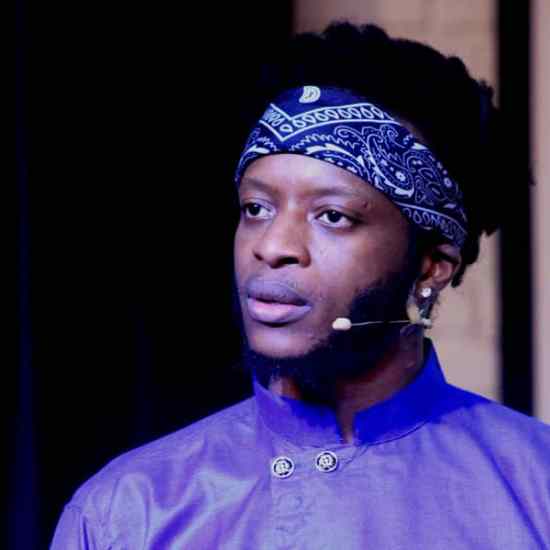
| [adrotate banner=”8″] |
By Rodrick Mazoyo
1.Kandiwa/Makandiwa – Contour ridges
These are long hips of soil used to reduce soil erosion in rural and farming areas. Agritex extension workers (madhumeni) have been famous for insisting on these since Rhodesia. It is said some Zimbabweans believed being forced to construct these, was oppression. We even have a chimurenga song by Thomas Mapfumo which has a line, ‘Nhamo yemakandiwa makaiwona, heee hee mambo’. The song is actually called ‘Makandiwa’.
2.Misarinya – Miscellaneous
The act of being naughty and fidgeting to the annoyance of others, especially Shona elders. If you grew up in Zimbabwe you know misarinya were an automatic ticket to real spanking.
3.Dhirihori – Drying hall
The usually tall-standing building used for curing tobacco.
4.Bhabharasi – Bar balance
It is said Europeans used to drink on a tab then wake up the following morning with a hangover. They would then drink their bar balance to cure the hangover and thus we have corrupted the phrase to ‘bhabharasi’.
5.Jon’osi – Young Ox
That young castrated bull we used/use for pulling the hand plough (gejo).
6.Hovhorosi – Overalls
Working attire consisting of a joined top and bottom part. There is even a joke where when one is loitering, they are asked why they are purposelessly going in circles like a fart inside a ‘hovhorosi’.
7.Motokari – Motor Car
Self-explanatory.
8.Sendiraini – Centre Line
That narrow path/road running between two housing blocks. In suburbs such as Highfield the roads are called ‘lines’, so in areas Like Lusaka there are ‘big lines’, ‘short lines’ and ‘centre lines’. Many elicit deeds happen musendiraini, especially at night.
8.Futseke – Voetsek (Afrikaans)
Originally a Boer word. Now a word used to insult, either seriously or as affection between friends. Zimbabwean friends may calmly say no to a buddies’ request by saying ‘futseke!’. The same word can start a fist fight though.
9.Bhikiri – Billy cane
That large metal mug or jug used as a container when milking the rural cow. Others use it to store sugar.
10.Bhururu – Me bru (Afrikaans)
Word now famous to refer to a close friend, but originally used by Boers as they meant, my brother, me bru.
11.Chinjausi – Change house
Word common in farming areas of Zimbabwe in reference to that outside stand-alone bathroom.
12.Bhurukwacha – Black watch
An arm of the Rhodesia police famous for using physical force than reason. It consisted of black man and most of them were labelled illiterate.
13.Bhunu – Boer
South African white people of Dutch origin. They are mostly found in Cape Town, but a few migrated to farms in Rhodesia around Chimanimani. Literally translated, the word Boer just means farmer.
14.Dhanduru – Dining hall
Zimbabweans who built brick and asbestos houses in rural areas always had that main sitting room where the family sat on chairs, ate and listened to the radio. Carelessly borrowing from English, they called it mudhanduru.
15.Speya – Spare bedroom
In urban areas all bedrooms not the main bedroom were/are referred to as spare bedrooms. God knows how this came up. From spare bedroom, it was shortened to just ‘speya’.
16.Chipendani – Pen whistle
Self-explanatory. Small Instrument played by blowing air into it.
17.Kuruku – Crook
Someone that no one in a community trusts. That person who can misrepresent and con you anytime.
18.Bhareta – Beret
A soft, round, flat-crowned hat, usually of woven, hand-knitted wool, crocheted cotton, wool felt, or acrylic fibre. (wikipedia.com). The Zimbabwean military police which dons the red berets is even nicknamed ‘ma-red bhareta’
19.Boysky – Boys Khaya
That’s the word we usually use to name a stand-alone cottage. Khaya means house or home. Since boys usually stayed in their own stand-alone room at a South African homestead, Zimbabweans corrupted the phrase to Boysky in reference to any cottage.
20. The twentieth one is on you my friend.
For other pieces of my creativity and thoughts, visit www.simbamazoyo.wordpress.com








